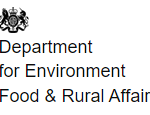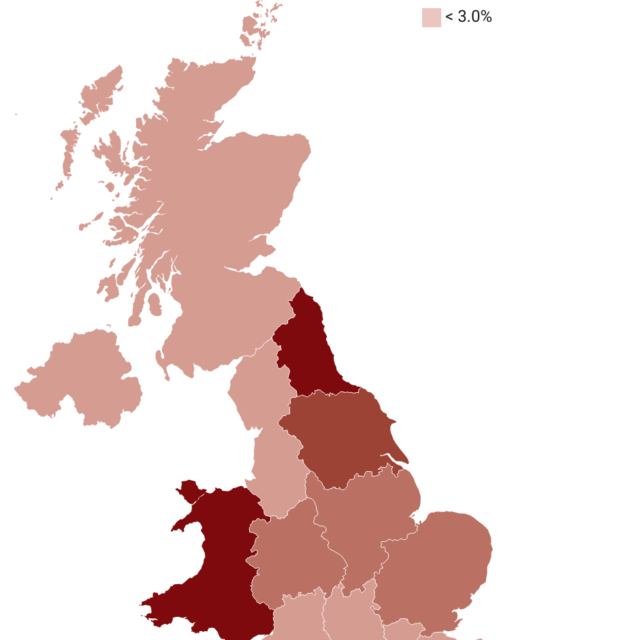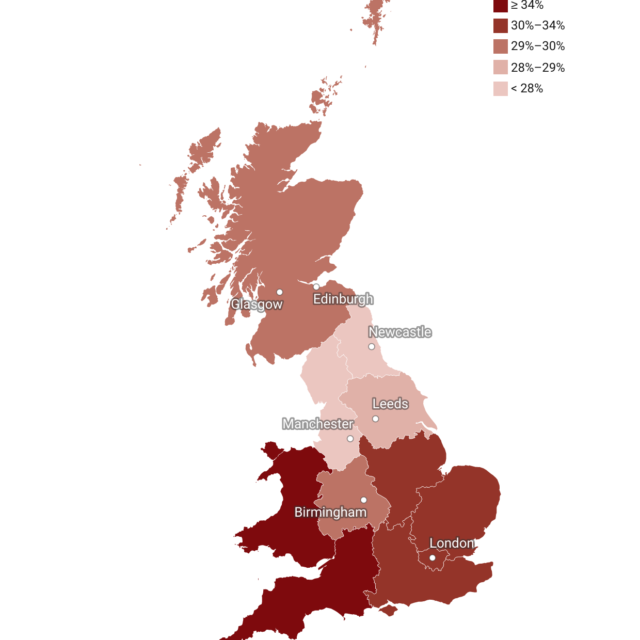Estimating Food and Drink Elasticities
In June 2019 the UK government began the process of establishing a National Food Strategy for the first time in 75 years, reflecting the rise in the importance of the environmental, health and social impacts of food consumption.

Summary & aims
The National Food Strategy will require robust evidence on how the consumption of different foods is likely to change in a rapidly evolving policy environment, and this requires a model of consumer demand, as does policy interventions such as the ‘sugar tax’ on sweetened drinks. The project is funded by the Department for Environment, Food and Rural Affairs (Defra) and the analysis will provide updated and detailed evidence on how UK consumers’ food and drink purchases respond to food price and expenditure changes.
Methodology
Our approach will build on previous studies, but offers a number of methodological improvements. We intend to build on the established workhorse, the Almost Ideal Demand System (AIDS). The AIDS model is derived from a formal model of consumer behaviour, satisfying the axioms of choice in standard consumer theory, and it has a functional form that is consistent with known household-budget data. One extension of the simple AIDS approach is to model discrete-continuous choices to capture discrete category choice followed by continuous choice of purchase quantities within each category.
This project began in September 2021 and is due to be completed in Spring 2022.





















